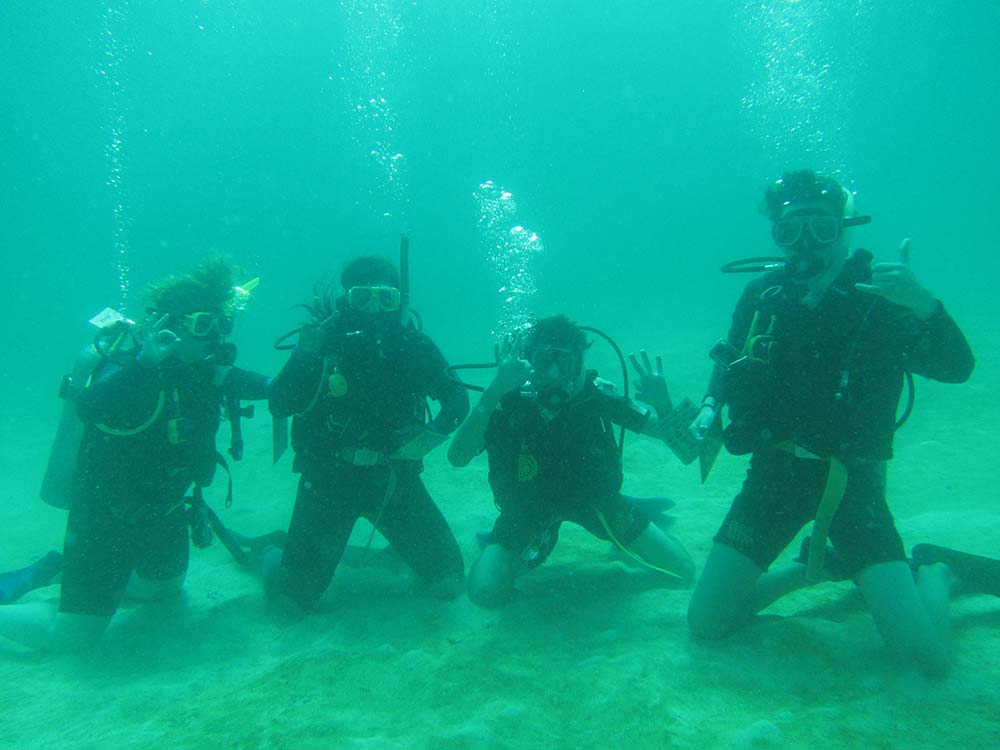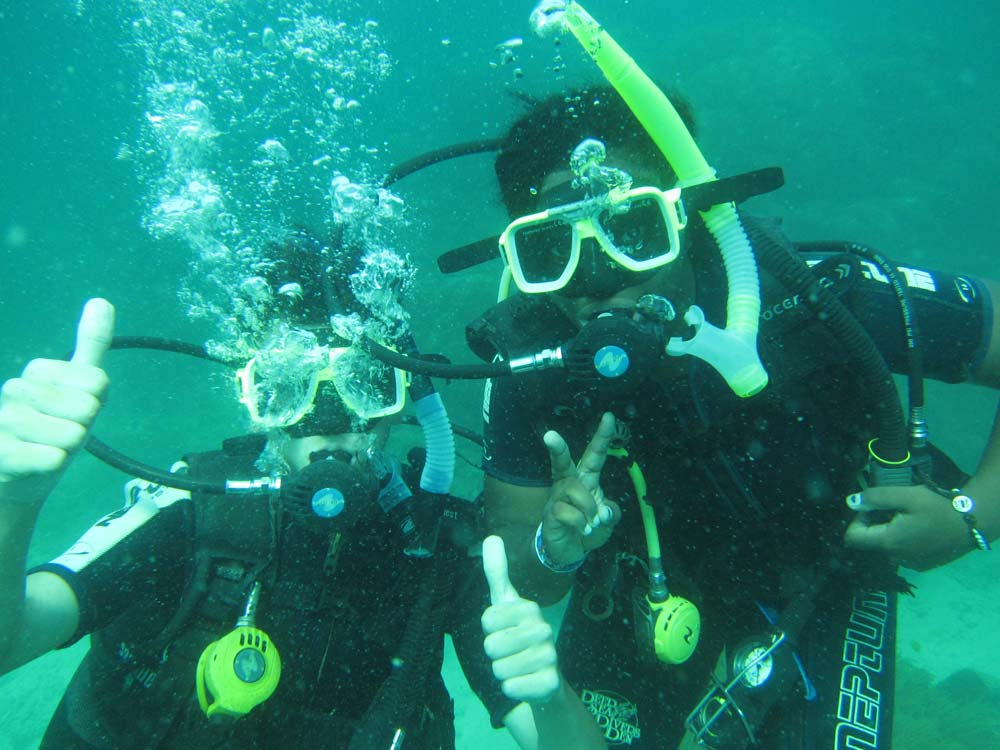As I write this, I'm waiting for our students to return from their weXplore, a five-day excursion that takes students beyond their host city for immersive cultural experiences. For the past two months, we as a school have called Maun, Botswana, our home. It's a small town on the edge of the Okavango Delta and, for many travelers, a doorway into Africa. But Maun is only one perspective, and it...
Read MoreTGS students are exploring Australia from all angles: standing at the foot of the great trees of the Illawarra Rainforest, descending into the depths of the Kelly Hill Caves, and even clambering over the Remarkable Rocks. And now, they are taking a look at the Australia’s sea floor. This underwater excursion is part of a hands-on scientific research experiment investigating the biology and environment of Australia, where the students themselves are tasked with gathering empirical data.
The goal of this project is to determine the overall health of the aquatic ecosystem surrounding Sydney.
Students are diving in to these underwater habitats and counting the organisms they find there, specifically sea urchins and kelp. These two organisms are easily observed indicators of ecosystem health: in a balanced, diverse biological community, both urchin and kelp populations thrive, fueling the food chain. Large fish and lobsters eat the urchins, and the urchins dine on kelp. If the larger, predatory organisms are removed (over fishing and pollution are two conceivable causes), urchins overgraze the kelp and create urchin barrens where they instead feed upon encrusting algae.

By observing these data themselves, students are analyzing abiotic (non-living, chemical and physical) and biotic (caused by living organisms) factors on distribution, diversity, and numbers of plants and animals in these aquatic ecosystems. After processing and analyzing the data they’ve collected, students can take a hard look at some the ways these native plants and animals have adapted and survived – and if outside environmental factors may ultimately be causing a disproportionate amount of harm.
How do they collect these data? In small groups, students employ the transect system in order to conduct their research. Transects are paths along which the students record and count occurrences of the sea urchins and kelp stipes. Using outstretched arms, students center themselves on transect line and count everything within their immediate reach. Their goal is to assess the total number of sea urchins on three 5m transects. Students then pool their data and as a group and calculate the average coverage of sea animal and plant life. Students also note the amount of litter and trash that lay within their transects – a sad truth and stark reminder of the human impact on the environment.

THINK Global School students snorkel at the Great Barrier Reef
Analyzing these data gives students the opportunity to discuss some of the bigger issues surrounding Australia’s biological ecosystems, and ways in which they have developed and changed. Issues such as predator and prey populations, biological adaptations due to environmental factors, short-term and long-term consequences on the ecosystem of species competing for resources, and the impact of humans in the ecosystem are all part of the larger issues they are tackling this semester in their Biology and Environmental Science classes. They’ve also had the opportunity to contribute to a long-term effort that will live on long after they’ve left Sydney: TGS students have contributed their their data to a years-long project by local scientists to analyze changes in the ecosystem over time.